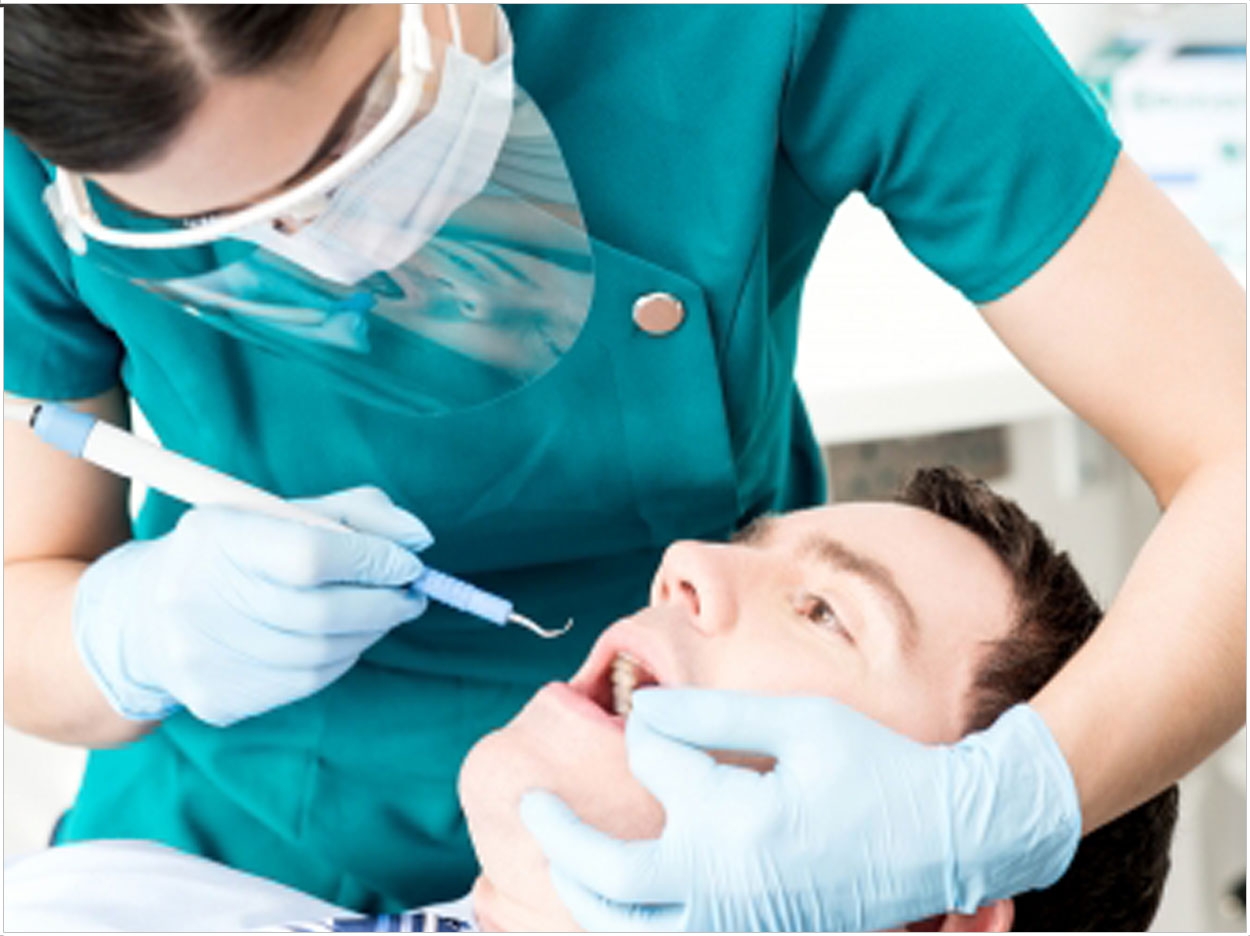
Dental anxiety prevents many people from seeking the care they need. They have poor oral health because they avoid the dentist, and when they finally do make an appointment, they require sedation to get through it. According to a study from King’s College London, cognitive behavioral therapy (CBT) may alleviate this anxiety and improve their care without sedation.
The researchers surveyed 130 patients (99 women and 31 men) attending psychologist-led CBT at the King’s College London Dental Institute Health Psychology Service at Guy’s and St. Thomas’ National Health Service Foundation Trust. The patients were asked about their levels of dental anxiety, general anxiety, depression, suicidal thoughts, alcohol use, and quality of life related to oral health.
About 77% scored 19 or higher on the Modified Dental Anxiety Scale (MDAS), indicating dental phobia. The rest all scored high on one or more items, suggesting a specific fear of some aspect of dentistry. Fear of injections and the drill were the most common high-scoring items on the MDAS. Also, 94% reported that the problems with their teeth, gums, and mouth affected their daily living and quality of life.
Furthermore, 37% had high levels of general anxiety and 12% had clinically significant levels of depression. Suicidal thoughts were reported by 12% of patients, with 4 of the 130 surveyed admitting a recent attempt to commit suicide. These individuals were referred to support services via their general practitioner with immediate action taken based on local service guidelines.
Of all the patients, 79% eventually had dental treatment without sedation, with 6% requiring sedation. The average number of CBT appointments required before a patient received dental treatment without sedation was 5. Generally, CBT lasts 6 to 10 sessions when used to treat psychological problems such as depression and anxiety-related disorders.
“People with dental phobia are most commonly given sedation to allow them to become relaxed enough for a short period of time to have their dental treatment performed. However, this does not help them to overcome their fear in the long term. The primary goal of our CBT service is to enable patients to receive dental treatment without the need for sedation. Our study shows that after on average 5 CBT sessions, most people can go on to be treated by the dentist without the need to be sedated,” said professor Tim Newton of the Dental Institute at King’s College.
“However, there is a need for people with dental phobia to be carefully assessed by trained CBT practitioners working with dental health professionals. Some of the patients referred to us were found to be experiencing additional psychological difficulties and needed further referral and management. CBT provides a way of reducing the need for sedation because they require urgent dental treatment or they are having particularly invasive treatments,” Newton said.
“Our service should be viewed as complementing sedation services rather than as an alternative, the 2 together providing a comprehensive care pathway for the ultimate benefit of patients,” said Newton.
Related Articles
Behavioral Therapy Can Treat Dental Anxiety
It’s Not Just Patients Who Hate the Needle
Dental Visits May Soon Be Easier for Children With Autism











